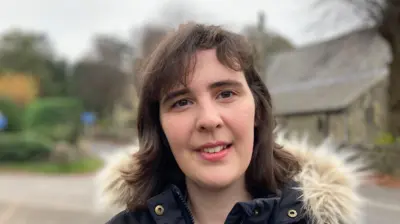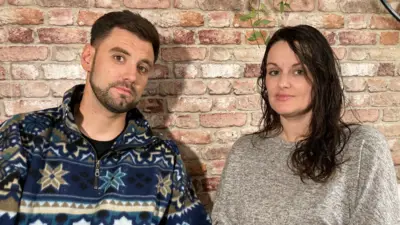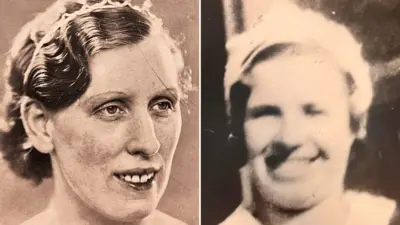We've updated our Privacy and Cookies Policy
We've made some important changes to our Privacy and Cookies Policy and we want you to know what this means for you and your data.
Transplant surgeon's call for donors before retiring
A leading surgeon who performed Europe's first successful heart-lung transplant has urged people to "think positively" about organ donation.
Professor John Wallwork is retiring after more than 20 years at Papworth Hospital in Cambridgeshire, where he carried out the operation in 1984.
He said it was important for people to "think carefully" about becoming an organ donor.
"Do it before times of tragedy when it's very difficult to think," he said.
Professor Wallwork was also part of the team that carried out the world's first successful heart-lung transplant in America, in 1981.
'Interesting time'
In the same year he set up the Heart-Lung Transplant Programmes at Papworth Hospital and Great Ormond Street Hospital in London.
He hoped the programmes would improve the survival rate, increase the number of operations, and provide a procedure that would be used by medical professionals to save the lives of patients who previously would have died.
There had been a number of heart-lung transplant operations carried out in Europe, but none had been successful until 1984.
"If you've done your homework properly, you've learned how to do the operation, and you know something about the drugs you're going to use, then someone has to do that, so we did," said Professor Wallwork.
The patient lived for about 10 years after the operation, which Professor Wallwork said was "pretty good for heart-lung transplants at that time".
He described the early 1980s as "a very interesting time" for transplant surgery.
"There was a time when we probably did more heart-lung transplants, combined together [at Papworth Hospital], than any other centre in the world," he said.
"Now we do more of them separately, just because it's a better use of donor organs, as we don't have enough to go around."
He said that better, safer, vehicles and more severe penalties for drink-driving had resulted in fewer road traffic accidents, and fewer available organs.
'Time to quit'
When asked about the benefits of opting in or opting out of an organ donation scheme, he said: "There are ups and downs and I don't think it actually matters."
What did matter, he said, was that people thought carefully, signed up to the organ donor register, and made sure that their families were aware of their wishes.
"There are still organs that we don't get access to, tragically, because people could benefit from those," Professor Wallwork said.
"That, to me, is something that people need to think about because it's a shame if you don't get the opportunity to use a heart, or a set of lungs or kidneys, to help somebody who's either leading a terrible life or might even die from their disease."
He said his decision to retire came when he realised that at the age of 65, being an on-call surgeon "was getting impossible".
"If you can't do on-call, then you can't do transplant surgery," he said.
"There's a time to quit and a time for other people to carry on."
Professor Wallwork said he planned to spend more time in his garden in Cambridge.
"And cooking," he said. "I love a lot of good food and I want to do more of that."
Top Stories
More to explore
Most read
Content is not available








